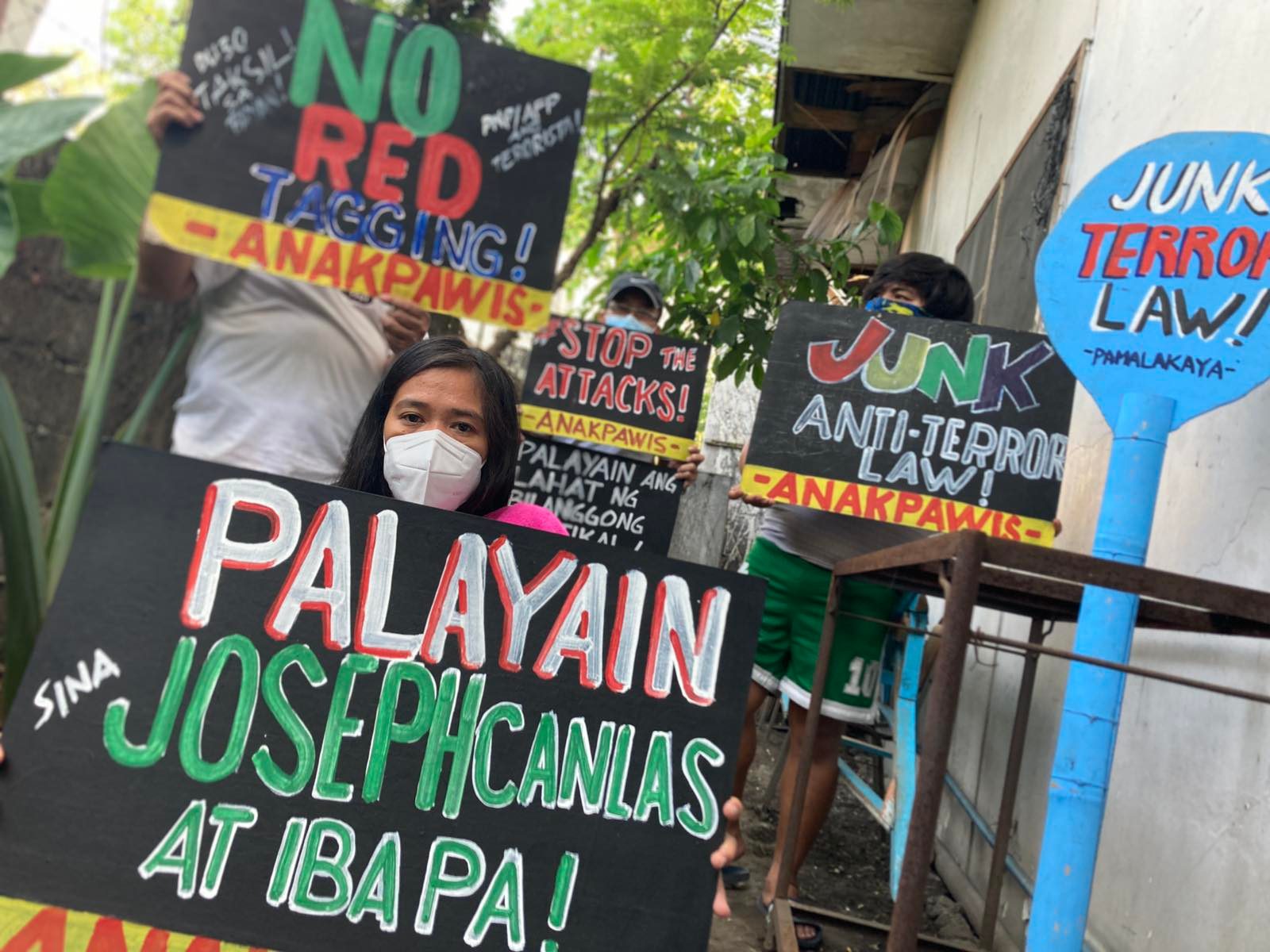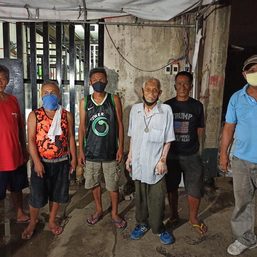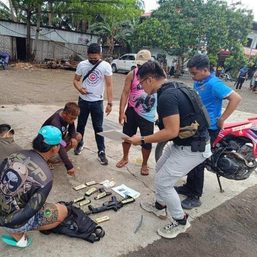SUMMARY
This is AI generated summarization, which may have errors. For context, always refer to the full article.

Activists on Wednesday, March 31, called on the courts to “realize” that they are being used to crack down on dissenters, and that, the plan to require the police to wear body cameras was not sufficient.
“I think meron nang hopefully realization ang korte ngayon na talagang ginagamit sila ng administrasyong Duterte (I think, hopefully, there is a realization by the courts that they are being used by the Duterte administration),” said former Bayan Muna representative Teddy Casiño, a key leader of the Philippine Left, in a virtual presser on Wednesday.
Casiño’s statement was made after simultaneous raids by the police on Tuesday, March 30, in Central Luzon, where 3 activists were arrested on search warrants. These raids came at the heels of the Bloody Sunday operations on March 7 in the Calabarzon region, where 9 activists were killed, and 6 others were arrested, also as a result of the implementation of search warrants.
One of the 3 arrested activists in Central Luzon was Joseph Canlas of Pampanga, who was the subject of an arrest warrant. The arrest warrant was for a bailable case, so the cops also served a search warrant that yielded a grenade and a gun, and gave state agents valid cause to detain him.
There are calls, including from retired senior justice Antonio Carpio, for the Supreme Court to investigate the issuances of search warrants that are targeted for activists. Carpio and others invoke the Court’s extraordinary rule-making power.
Body cams not enough
What the Supreme Court has done so far is to consider requiring the police to wear body cameras when they serve warrants.
The en banc is deliberating on the rules.
Lawyer Jobert Pahilga from SENTRA or Sentro Para sa Tunay na Repormang Agraryo said body cameras would not be enough since the policeman could still control its vantage.
“Puwede niya ituon sa ibang direksyon yung body camera, puwedeng gamitin nila sa (They can point it to another direction, or they can use it in the ) actual search but after they’ve already planted the explosives and firearm,” Pahilga said.
Pahilga was referring to what activists call a police modus of first raiding homes or offices. They say that it is during these initial raids, which could last hours, that police plant evidence. Only after the initial raid will the cops serve the actual warrant with the required witnesses, like barangay officials.
This was what supposedly happened to Cagayan activist Amanda Echanis.
When the crackdowns began in 2019, activists started opening their homes and offices for inspection to prove that they were not hiding guns and explosives, but Pahilga said it was easy for police to search and plant evidence.
“Problema nag-mutate na rin, naging quote and quote matalino na rin ang operatiba. Kaya nilang gawin ang mga iligal na ganito dahil hindi naman sila nahuhuli o nakakasuhan. Kapag nakakasuhan, nadi-dismiss,” said Pahilga.
(The problem is that the technique has mutated. They have become quote and quote smarter. They could pull off these illegal things because they’re not caught or charged. And if they are charged, they are cleared.
Writ of amparo
On the issue of lawyer killings, part of the Supreme Court’s action plan was to convert reports of intimidation of lawyers to petitions for the protective writs of amparo and habeas data.
Experts say this was an indication that the Court wanted to strengthen these writs.
It’s a good news too for activists, said Casiño, as red-tagged human rights defenders can avail of the same protective remedies. These writs have been criticized to have weakened especially under President Rodrigo Duterte.
“Bagamat matagal na tayong nagfa-file nyan, noon pa, palaging nagkaka-problema sa Korte Suprema. Palaging ang sinasabi, wala pa naman, hindi pa naman napapatay, wala pa namang naaaresto,” Casiño said.
(Even though we have long been filing those for some time now. There’s always a problem at the Supreme Court. they always say, nothing has happened yet, you’re not yet killed, you’re not yet arrested.)
“Hopefully mas magiging maluwag na sila. At maging mas considerate sa ganitong remedyo para mapigilan ang ginagawa ng pulis,” he added.
(Hopefully they can be more considerate in giving these remedies to prevent these police acts.) – Rappler.com
Add a comment
How does this make you feel?








![[Rappler Investigates] The guns of Apollo Quiboloy](https://www.rappler.com/tachyon/2024/04/quibs-guns-carousel.jpg?resize=257%2C257&crop=412px%2C0px%2C1280px%2C1280px)
There are no comments yet. Add your comment to start the conversation.